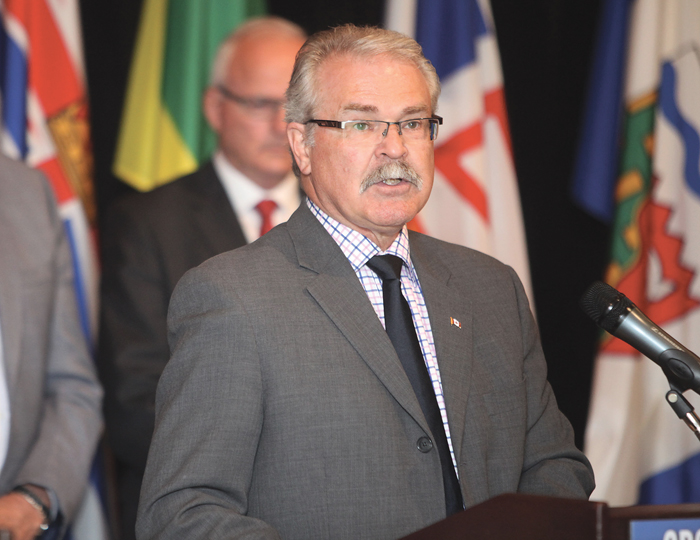Most western Canadian farmers will remember Gerry Ritz as the agriculture minister who ended the Canadian Wheat Board’s marketing monopoly.
It wasn’t a secret in 2011 what the newly elected Harper majority government had in store for the farmer-run board — ending the monopoly was an election promise and one of Prime Minister Stephen Harper’s goals going back to his days running the National Citizen’s Coalition. But what took board supporters by surprise was how quickly the government moved. It was elected in May 2011 and the legislation was law by mid-December. The monopoly ended Aug. 1, 2012, the start of the new crop year.
Read Also

Canadian Cattle Association names Brocklebank CEO
Andrea Brocklebank will take over as chief executive officer of the Canadian Cattle Association effective March 1.
There were no in-depth studies, reviews or much in the way of consultations, except among open-market supporters. Ritz declined wheat board directors’ invitations for a meeting. As one industry observer put it, Ritz knew this was a dog he had to shoot — looking it in the eye wouldn’t make it easier.
There were farm rallies and lawsuits to save the wheat board, but Ritz prevailed. In an Oct. 20 telephone interview, Ritz said he asked former Progressive Conservative agriculture minister Bill McKnight and Charlie Mayer why they had only removed oats from the wheat board’s monopoly in 1989.
“And they said, ‘because we thought we had time,’” Ritz said. “So I took that. I know the bureaucrats and even some of the politicians I work with said, ‘let’s do this in stages. Let’s do barley, then durum and wheat over a period of five to seven years.’ I said, ‘no, if we’re going to do this, we’re going to do it because no farmer wants that dragged-out thing.’ They want business decisions made. So we decided that we’re going to map it out and here’s how it’s going to be and that’s the way it went.”
Since then farmers have embraced the change, Ritz added.
“They are doing well.”


















